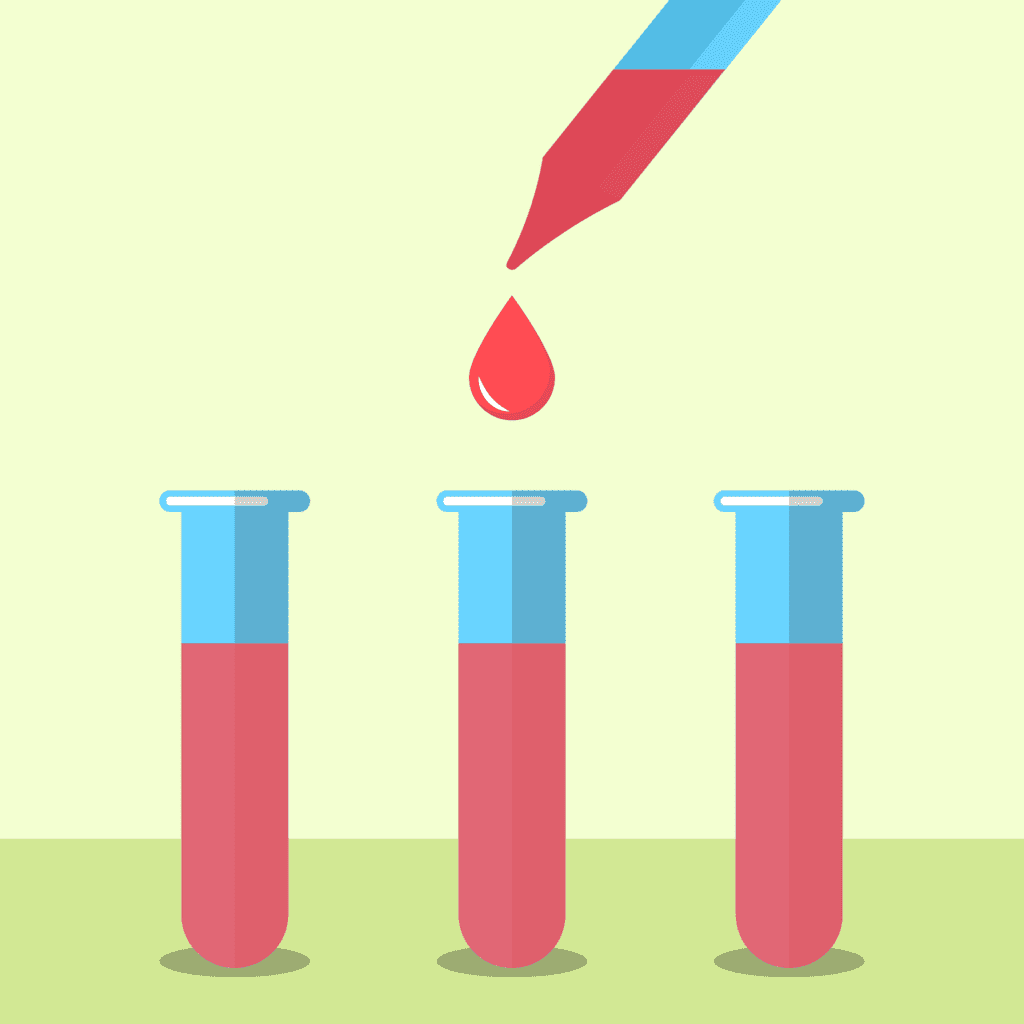Analytical chemistry as a key technology in laboratory medicine ŌĆō DKLM 2025 in Leipzig focuses on innovations
Analytical chemical methods form the heart of modern laboratory medicine and are indispensable for diagnostics, prevention and therapy. At the German Congress for Laboratory Medicine (DKLM) 2025, which will take place on October 23 and 24 in Leipzig, the focus will be on these technologies and their further developments. Under the motto “Science for Precision Medicine”, experts from science, clinics and industry will gather to discuss new research results, innovative analytical methods and their clinical applications.
The importance of analytical chemistry in laboratory medicine can hardly be overestimated: it enables precise biomolecular diagnoses, supports the early detection of diseases and makes a significant contribution to the development of personalized therapeutic approaches. Advances in automated high-throughput analytics, molecular diagnostics and the integration of artificial intelligence are fundamentally changing diagnostics and increasing the accuracy and efficiency of laboratory findings.

The DKLM acts as an international platform for professional exchange and networking between different disciplines. The congress is organised by the German Society for Clinical Chemistry and Laboratory Medicine (DGKL) together with the Umbrella Association for Technologists and Analysts in Medicine Germany (DVTA). The DGKL is considered a central scientific organization that significantly sets quality standards in clinical chemistry and laboratory medicine and promotes the training and further education of specialists.
In addition to technical innovations, the focus at DKLM 2025 will also be on ethical and regulatory challenges. For example, the increasing requirements of EU regulations such as the In Vitro Diagnostics Regulation (IVDR), which tighten the validation, documentation and quality assurance of laboratory tests, are being addressed. The congress contributions show how laboratory medicine is meeting these growing requirements in order to continue to ensure reliable and reproducible diagnostics at the world’s top level.
With its programme, DKLM 2025 also offers an important stage for young researchers and promotes the transfer of knowledge between research and practical application. International speakers will present the latest methods from areas such as omics technologies, liquid biopsies, and AI-supported data analysis. The exchange between clinicians, researchers and industry representatives strengthens the innovative strength and thus the potential of laboratory medicine as an integral part of health care.
Overall, DKLM 2025 underlines the systemic relevance of analytical chemistry for modern medicine and consolidates Germany’s role as a leading location in research and application of clinical laboratory diagnostics. In this way, the congress makes an important contribution to the further development of precision medicine for the benefit of improved patient care worldwide.
The German Congress of Laboratory Medicine (DKLM) 2025 promises exciting insights into the interface between science and clinical practice. Under the motto “Science for Precision Medicine”, the German Society for Clinical Chemistry and Laboratory Medicine (DGKL) and the Umbrella Association for Technologists and Analysts in Medicine Germany (DVTA) invite experts from research, clinics and industry to meet on October 23 and 24 at the Congress Center Leipzig (CCL). The two-day event is aimed at laboratory physicians, biomedical analysts and decision-makers to discuss current advances in diagnostics and strengthen networks. The ceremonial opening of the congress will take place on 22 October with the presentation of the MedLabAwards in the Salles de Pologne.
Editor: X-Press Journalistenb├╝ro GbR
Gender Notice. The personal designations used in this text always refer equally to female, male and diverse persons. Double/triple naming and gendered designations are used for better readability. ected.




